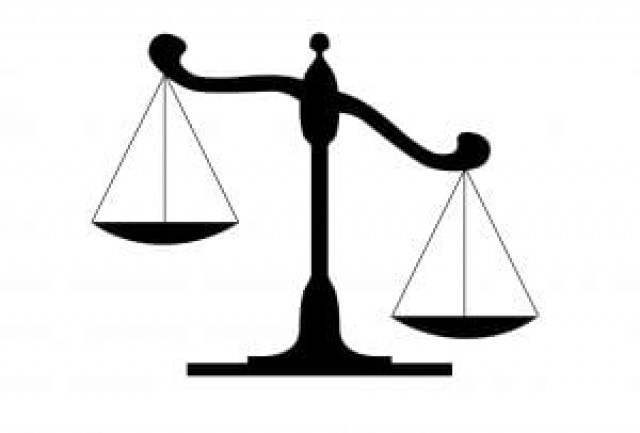International Justice Day: Litigants suffer due to slow disposal of cases
Programme to legally empower the poor launched.

The recent wave of judicial activism has rendered little help for most litigants, who continue to suffer due to the slow pace of case disposal.
On Tuesday, a two-pronged programme to secure legal rights for the underprivileged was launched to address institutional drawbacks that mitigate against the swift delivery of justice.
The Legal Empowerment of Poor (LEP) Programme will secure the delivery of legal services by key institutions including the police, judiciary, ombudsmen and bar councils for vulnerable segments.
It will be implemented in 32 districts across the four provinces and Gilgit-Baltistan and will engage with the government at the local, provincial and federal levels.
Reforms and capacity-building of key institutions including bar councils and districts bar associations, police, judiciary and the offices of ombudsmen will be carried out.
The programme, launched by Insaf Network Pakistan in collaboration with UNDP, aims to provide the poor better access to justice by emphasizing demand side interventions including demand articulation and strengthening liaison committees.
Poverty, illiteracy and unequal distribution of wealth are key factors behind injustices in society, said Supreme Court Justice Shakirullah Jan, while speaking at the launching ceremony. “Justice without discrimination is the true essence of humanity.” Lack of resources hinder provision of speedy justice, he added.
“The rising number of cases poses new challenges for judges who are too few in comparison.” People can survive without religion but they cannot survive without justice, he asserted.
In 2008, the United Nations formed a Commission on Legal Empowerment of the Poor that advocated empowering the underprivileged by placing them at the centre of analysis and policy prescriptions instead of following an institutional-centric rule of law approach. The concept has gained global recognition over the years with substantial work done in this area.
While programmes like the LEP have been implemented for justice at the doorstep with international collaboration in the past, there is little that can be practically achieved without internal reforms in the police and judiciary, which is a long drawn out process.
Thousands of cases pending adjudication in district and high courts add to litigants’ woes, who are offered little hope of relief with the implementation of sweeping reforms in the immediate future.
According to data obtained by The Express Tribune, 13,000 cases have been pending with the Lahore High Court’s (LHC) Rawalpindi bench, while district courts have yet to decide over 40,000 cases.
The data reveals that criminal and civil appeals remain pending in the LHC’s Rawalpindi bench and civil suits take most of the time in district courts as cases linger on undecided.
The main reason behind the delay is the unavailability of lawyers. Lawyers prefer to pursue cases in higher courts and skip dates of hearing in lower courts, said Zahoor Abbasi, who had been fighting for his land.
Noor Muhammad Niazi, a civil lawyer said the lower judiciary was overburdened with cases piling up by the day. A civil judge has to take up about 100 cases every day making it difficult for him and the lawyers to make progress in all the cases fixed for hearing, he added.
Admitting the fact lawyers often get tied up in higher courts, Niazi added there is a dire need to increase the number of judges and discourage frivolous litigation.
Rawalpindi District Bar General Secretary Malik Imran Ali said the number of pending cases is gradually on the decline after Chief Justice Iftikhar Muhammad Chaudhry’s restoration and implementation of national judicial policy.
Published in The Express Tribune, July 18th, 2012.



















COMMENTS
Comments are moderated and generally will be posted if they are on-topic and not abusive.
For more information, please see our Comments FAQ